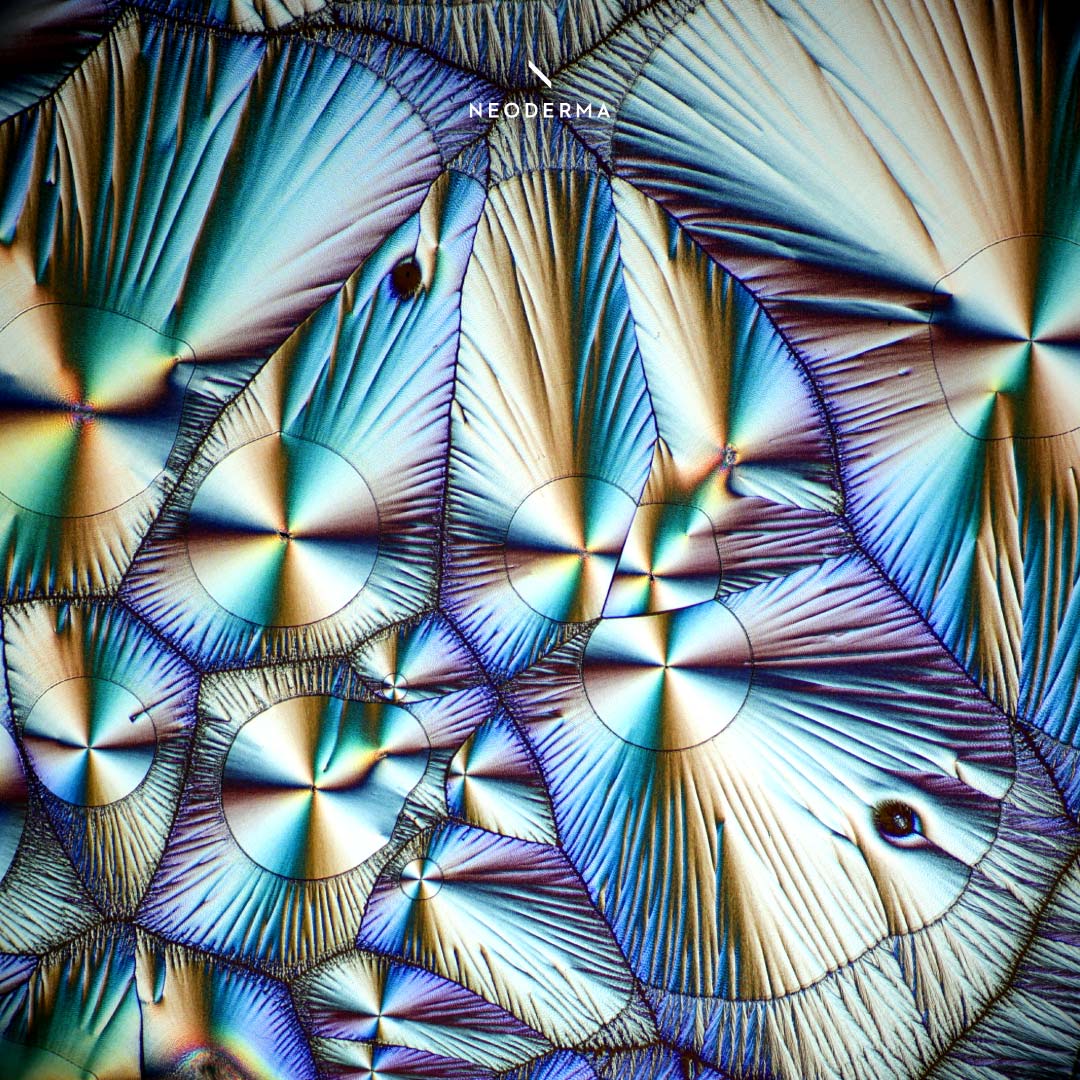Your cart is empty.

Vitamin C (L-ascorbic acid) is an essential ingredient for glowing and healthy skin due to its ability to treat skin discoloration and for its ability to prevent pro-aging concerns, such as photodamage.
According to the Skin Cancer Foundation, photodamage results from UV radiation and is responsible for 90 percent of visible aging to the skin, such as wrinkles, a roughened texture, loss of collagen, and more. Skin discoloration is also a result of UV damage and appears as dark or patchy spots on one’s skin.
Dermatologists and researchers agree that pro-aging concerns and skin discoloration can be effectively curtailed through applying topical Vitamin C. Furthermore, topically applied Vitamin C diminishes the appearance of fine lines and wrinkles and boosts collagen production.
Amazingly, our bodies naturally produce this skin-enhancing vitamin. However, as we age, the epidermis and dermis’ ability to produce Vitamin C lessens. UV rays and atmospheric pollutants also contribute to this decline, leading to uneven skin texture and tone when Vitamin C becomes deficient.
Adding a Vitamin C product to your skincare routine is a fundamental step anyone can take to guard aging skin issues and retain a youthful glow.
Here is a summary of the many benefits of Vitamin C in skincare:
A note of caution: L-ascorbic acid (Vitamin C) loses its potency when packaged in a way that permits exposure to UV light.